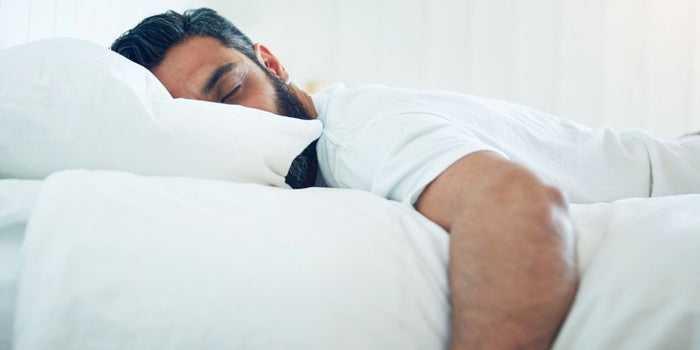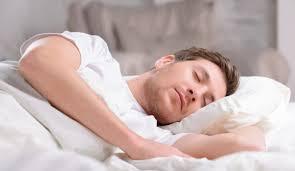Sleep quantity
Although eight hours is the common mention, optimum sleep can vary from person to person and from age to age.
One review that worked through 320 research articles concluded 7 - 9 hours of sleep are enough for adults. According to experts, too little or too much sleep can both have a negative impact on your health.
326
1.12K reads
CURATED FROM
IDEAS CURATED BY
The idea is part of this collection:
Learn more about health with this collection
The role of coffee in social interactions
Different types of coffee and their preparation
The impact of coffee on society and economy
Related collections
Similar ideas to Sleep quantity
How much sleep is enough
Sleep needs vary from person to person. Age, genetics, lifestyle, and environment all play a role.
According to the National Sleep Foundation, adults need 7-9 hours of sleep a night. People who sleep seven hours a night are healthier and live longer. While the guideline is...
The necessary amount of sleep
Most adults function best after 7-9 hours of sleep a night.
When we get less than 7 hours, we’re impaired (to degrees that vary from person to person). When sleep persistently falls below 6 hours per 24, we are at an increased risk of health problems
Sleep Myths Busted
- We all don’t need a standard eight hours of sleep, as it varies according to our age, genetics and level of activity.
- Insomnia is actually of various types, from Onset (unable to fall asleep) to Maintenance(struggling to stay asleep) and other types like chronic and acute insomnia....
Read & Learn
20x Faster
without
deepstash
with
deepstash
with
deepstash
Personalized microlearning
—
100+ Learning Journeys
—
Access to 200,000+ ideas
—
Access to the mobile app
—
Unlimited idea saving
—
—
Unlimited history
—
—
Unlimited listening to ideas
—
—
Downloading & offline access
—
—
Supercharge your mind with one idea per day
Enter your email and spend 1 minute every day to learn something new.
I agree to receive email updates

